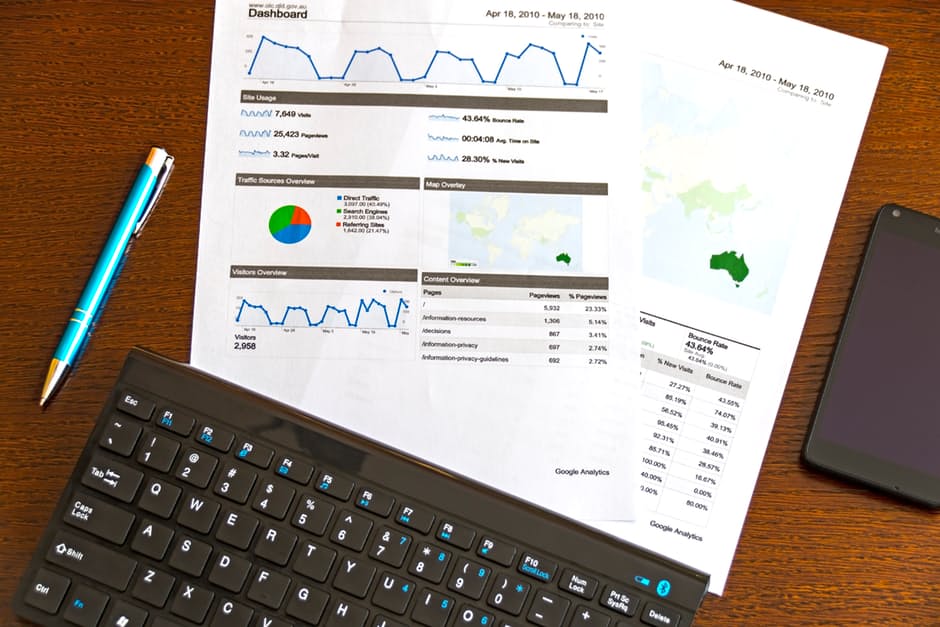
What to do with ever-growing volumes of (particularly unstructured) data and the benefits of slice-and-dicing data to gain insight have been on the business radar for some time. What have differed in this time are the solutions that have been pitched to solve the problem. Ten years ago, business intelligence was the panacea to the data analytics debate.
Business analytics has the capability to enable business owners, strategic marketing professionals and even business managers to analyze and simply understand business opportunities. Another thing, analysis is used for positioning of products as well into the market. In fact, the importance of data analytics cannot be compared to some business tools out there. Data analytics belong to the business intelligence family and the only one that assists a business convert heaps of gathered raw data onto useful business info that can drive business decisions. It is frequently observed that the organizations which pertains data analytics surpass their counterparts. No doubt, data has become a vital resource for the top management.
Over that time, the focus has shifted to predictive analytics, in-memory analytics, big data analytics, streaming analytics and more recently to data science, but all these flavors are effectively designed to resolve similar challenges. Here are two examples of the usage of data analytics by big corporations.
Westpac Banking Corp
Westpac Banking Corporation is an Australian bank and financial-services provider headquartered in Westpac Place, Sydney. It is one of Australia’s “big four” banks. Westpac Banking Corp. used data analytics tool known as “KnowMe”. The analytical tool used by the Bank helped it to get 360-degree view of the customer. The tool further helped Bank to capture info about customer activity such as ATM usage and call center interaction from its 12 million customers. Based on behavioral analysis, Westpac targeted customers with new programs or offerings. In nine months, the program enabled Westpac to grow its customer engagement from 1% to 25%
No other platform has as much personal data at its disposal as Facebook, and in fairness to them, they use it to full effect. By targeting very specific ads at the millions of people who use the social network every day, it seems as if Facebook knows more about you than your friends and family, and worryingly, the truth is that it probably does.
Facebook’s unrelenting use of analytics has been one of the most prominent examples of Big Data’s potential to be overly intrusive. Their business model is built entirely around the extraction of our data. We are still however more than happy to offer it up, maybe we’ve invested too much time to quit now? Whatever the case, analytics has been the cornerstone for Facebook’s success as one of the biggest companies in the world.
It is clear from above cases that data analytics is game changer for many companies. It helped Jeff Bezos to create US 300 B$ company and Mark Zuckerberg to create 2 Billion customer websites.


